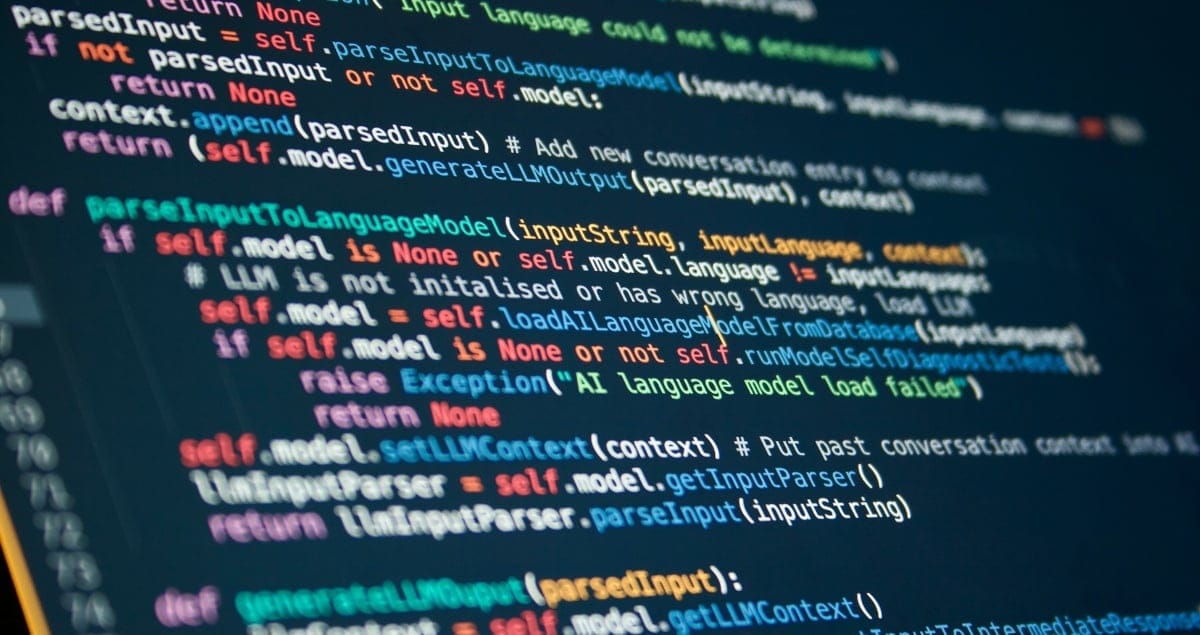OpenAI's Codex: The AI Coding Agent Revolutionizing Software Development
OpenAI has officially entered the AI-assisted coding arena with the launch of Codex, a sophisticated AI coding agent integrated directly into ChatGPT. This tool promises to streamline software development, automate repetitive tasks, and potentially redefine the role of developers in the near future. Codex is designed to function as a virtual teammate, capable of handling a variety of coding tasks autonomously.
What is Codex?
Codex is OpenAI's latest innovation, built upon the foundation of the company's o3 AI reasoning model, but optimized specifically for software engineering tasks. According to OpenAI, Codex produces cleaner code, adheres more precisely to instructions, and iteratively tests its code until it achieves passing results. This makes it a more reliable and efficient coding assistant compared to its predecessors.
Key Features of Codex
- Code Generation: Codex can generate code snippets and complete functions based on natural language prompts.
- Bug Fixing: It identifies and fixes bugs in existing codebases.
- Codebase Q&A: Codex answers questions about your codebase, providing explanations and insights.
- Automated Testing: It automatically runs tests to ensure code quality and reliability.
How Codex Works
The Codex agent operates within a sandboxed, virtual computer in the cloud. This environment can be preloaded with your code repositories by connecting to GitHub. OpenAI states that Codex can write simple features, fix bugs, answer questions about your codebase, and run tests in a time frame ranging from one to 30 minutes.
Codex is designed to handle multiple software engineering tasks simultaneously, allowing users to continue working on their computers and browsers without interruption. This multitasking capability enhances productivity and ensures a seamless workflow.

Availability and Pricing
Codex is currently rolling out to subscribers of ChatGPT Pro, Enterprise, and Team. OpenAI is providing generous initial access, but plans to implement rate limits in the coming weeks. Users will then have the option to purchase additional credits to continue using Codex.
OpenAI also plans to expand Codex access to ChatGPT Plus and Edu users in the near future, making it accessible to a broader audience.
The Rise of AI Coding Tools
AI tools for software engineers, often referred to as "vibe coders," have experienced a surge in popularity. Industry leaders like Google and Microsoft have reported that approximately 30% of their code is now written by AI. This trend highlights the increasing reliance on AI to automate and accelerate software development processes.
Other notable AI coding tools include:
- Claude Code: Anthropic's agentic coding tool.
- Gemini Code Assist: Google's AI coding assistant with agentic upgrades.
- Cursor: A popular AI coding tool that reached significant annualized revenue and valuation.
OpenAI's Strategic Moves
OpenAI is not only launching Codex but also making strategic acquisitions to strengthen its position in the AI coding market. The company has reportedly closed a deal to acquire Windsurf, the developer behind another popular AI coding platform, for $3 billion. This acquisition, combined with the launch of Codex, demonstrates OpenAI's commitment to building a comprehensive suite of AI coding tools.
Using Codex in ChatGPT
Users with access to Codex can find the tool in ChatGPT's sidebar. To assign a new coding task, users type a prompt and click the "Code" button. They can also ask questions about their codebase by clicking the "Ask" button. The interface allows users to monitor the progress of assigned tasks, providing a clear overview of Codex's activities.
Codex as a Virtual Teammate
OpenAI envisions Codex as a "virtual teammate" that can autonomously complete tasks that would typically take human engineers hours or even days. According to Josh Tobin, OpenAI's Agents Research Lead, the company is already using Codex internally to offload repetitive tasks, scaffold new features, and draft documentation.

Safety and Limitations
OpenAI has implemented several safety measures to mitigate potential risks associated with AI coding agents. Codex operates in an air-gapped environment, with no access to the broader internet or external APIs. This limits its potential for misuse by bad actors.
However, like all generative AI systems, Codex is prone to making mistakes. A recent study from Microsoft found that even industry-leading AI coding models struggle to reliably debug software. Despite these limitations, investor excitement in AI coding tools remains high.
Codex CLI Update
OpenAI is also updating Codex CLI, its open-source coding agent that runs in your terminal, with a version of its o4-mini model optimized for software engineering. This model is now the default in Codex CLI and is available in OpenAI's API for a fee.
OpenAI's Broader Strategy
The launch of Codex is part of OpenAI's broader strategy to enhance ChatGPT with additional products and services. In the past year, OpenAI has added priority access to its AI video platform, Sora, its research agent, Deep Research, and its web browsing agent, Operator, as benefits for subscribers.
These offerings are designed to attract more users to ChatGPT subscriptions and encourage existing subscribers to pay for increased rate limits, particularly for tools like Codex.
The Future of Coding with AI
OpenAI's Codex represents a significant step forward in the evolution of AI-assisted software development. By automating repetitive tasks, providing intelligent code suggestions, and enabling faster debugging, Codex has the potential to transform the way software is created and maintained. As AI coding tools continue to evolve, they are likely to become an indispensable part of the software development lifecycle, empowering developers to focus on higher-level tasks and accelerate innovation.
Conclusion
The introduction of Codex marks OpenAI's serious foray into the AI coding space, aiming to augment software development workflows and boost developer productivity. As the AI coding landscape evolves, tools like Codex are poised to play a pivotal role in shaping the future of software engineering.
